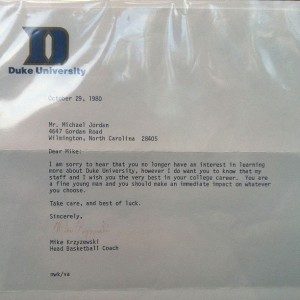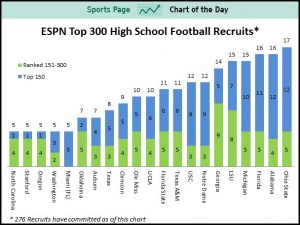In our zest to have high employee engagement, HR has once again outsmarted itself. Follow the logic:
1. High Employee Engagement is a desired measure.
2. HR creates programs to drive Employee Engagement upwards.
3. Employee Engagement thresholds are reached with said programs.
4. HR needs more.
5. If we ensure every new hire comes in ‘loving’ their job/company/industry – we will ‘pre-buy’ some of the engagement measure.
6. Only hire people who ‘love’ our job/company/industry.
7. Candidates have brains. “Oh, you only hire people who ‘love’ your job/company/industry”
8. Candidates now become really good at ‘faking’ their ‘love’ for your job/company/industry.
9. Employees are smart to – “Oh, you mean if our ‘engagement’ score comes back higher, you’ll stop making us do these stupid team building exercises?”
10. Employees become really good at ‘faking’ it.
Being male, I was never good at faking it. I’m Popeye – “I am, what I am, and that’s all I am”. Fast Company had a solid post on why “Faking Enthusiasm” has become the latest job requirement. From the post:
“Timothy Noah wrote in The New Republic about how Pret A Manger requires its employees to master “Pret behaviors,” such as “has presence,” “creates a sense of fun,” and “is happy to be themself.” Yes–in order to sell you a bacon sandwich, employees must be fully self-actualized. And the amount that they touch fellow-employees is considered to be a positive indicator of sales, not a red flag for sexual-harassment lawsuits.”
It’s such a slippery slope. Every action we take in leadership has consequences – some of which we know, some we don’t know until they happen. The best leaders thoroughly try to anticipate these consequences their actions will create. Requiring employees/candidates have high levels of enthusiasm might seem like a really great idea – but you better have authentic ways of measuring, or you’re just setting yourself up to fooled by those who ‘get’ the game.
Ultimately time and pressure always win out. Given enough time and/or enough pressure an individuals true colors will show. This is why it’s important to job requirements that are actually needed. Authentic enthusiasm is not needed for high performers in most jobs. Trying to hire for it can create some negative hiring scenarios when time and pressure take their tolls. Is it great to have enthusiastic employees? Yep – it sure is. I love being around those employees. Do I set out to hire that ‘skill’ as a requirement – no – I have great even keel employees as well. While I might not stop and interact with them as often – they are just as good as the enthusiastic ones.
Here’s what I know. If you’re hiring for a skill that can be faked – candidates will attempt to fake it, if they really want to work for your company. How do you combat this – eliminate as much subjective stuff as you can from your selection process. One other thing, if you do decide you need that high-energy personality, understand that personality just doesn’t come when you want it – it’s a person’s core – you get it all the time – there’s no light switch when you decide you’ve had enough. I see hiring managers all the time that want a ‘certain personality’ – so we find it for them – only to have that same hiring manager come back 6 months later complaining it’s too much!


